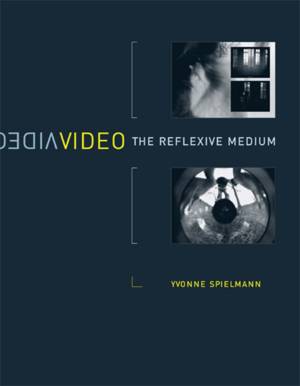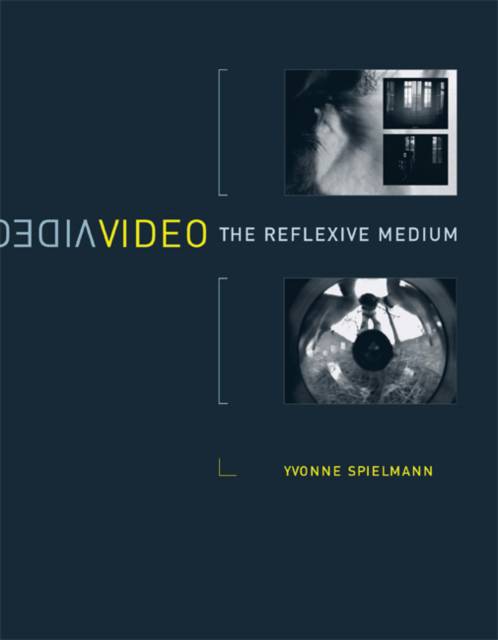
- Retrait gratuit dans votre magasin Club
- 7.000.000 titres dans notre catalogue
- Payer en toute sécurité
- Toujours un magasin près de chez vous
- Retrait gratuit dans votre magasin Club
- 7.000.0000 titres dans notre catalogue
- Payer en toute sécurité
- Toujours un magasin près de chez vous
Description
Video is an electronic medium, dependent on the transfer of electronic signals. Video signals are in constant movement, circulating between camera and monitor. This process of simultaneous production and reproduction makes video the most reflexive of media, distinct from both photography and film (in which the image or a sequence of images is central). Because it is processual and not bound to recording and the appearance of a "frame," video shares properties with the computer. In this book, Yvonne Spielmann argues that video is not merely an intermediate stage between analog and digital but a medium in its own right. Video has metamorphosed from technology to medium, with a set of aesthetic languages that are specific to it, and current critical debates on new media still need to recognize this. Spielmann considers video as "transformation imagery," acknowledging the centrality in video of the transitions between images--and the fact that these transitions are explicitly reflected in new processes. After situating video in a genealogical model that demonstrates both its continuities and discontinuities with other media, Spielmann considers three strands of video praxis--documentary, experimental art, and experimental image-making (which is concerned primarily with signal processing). She then discusses selected works by such artists as Vito Acconci, Ulrike Rosenbach, Joan Jonas, Nam June Paik, Peter Campus, Dara Birnbaum, Nan Hoover, Lynn Hershman, Gary Hill, Steina and Woody Vasulka, Bill Seaman, and others. These works serve to demonstrate the spectrum of possibilities in video as medium and point to connections with other forms of media. Finally, Spielmann discusses the potential of interactivity, complexity, and hybridization in the future of video as a medium.
Spécifications
Parties prenantes
- Auteur(s) :
- Editeur:
Contenu
- Nombre de pages :
- 384
- Langue:
- Anglais
- Collection :
Caractéristiques
- EAN:
- 9780262515177
- Date de parution :
- 13-08-10
- Format:
- Livre broché
- Format numérique:
- Trade paperback (VS)
- Dimensions :
- 173 mm x 223 mm
- Poids :
- 548 g

Les avis
Nous publions uniquement les avis qui respectent les conditions requises. Consultez nos conditions pour les avis.






